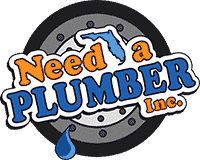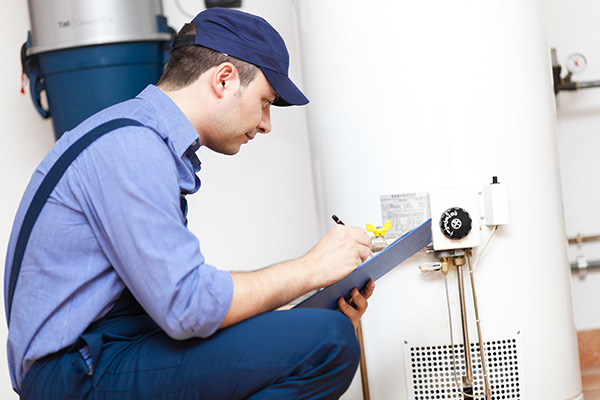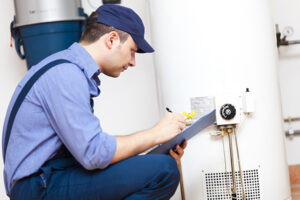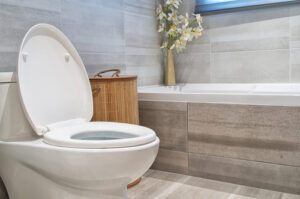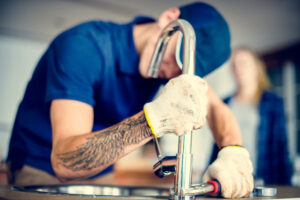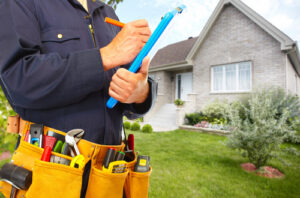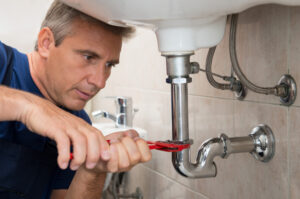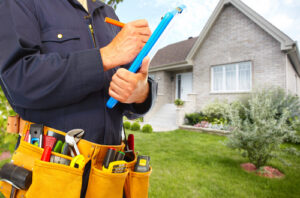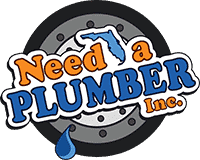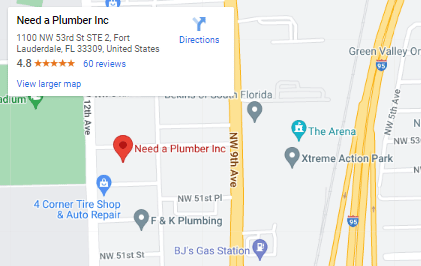A well-functioning plumbing system is crucial for the comfort, safety, and overall well-being of Fort Lauderdale homeowners. While plumbing issues may seem inevitable, practicing preventative maintenance can help minimize the risk of costly repairs, reduce water waste, and extend the lifespan of your plumbing fixtures and appliances.
In this comprehensive guide, we will share expert tips and techniques to help you proactively maintain your plumbing system, avoid unexpected problems, and ensure the longevity of your home’s pipes and fixtures. With this valuable insight, we have tailored our essential preventative plumbing maintenance tips to address these specific concerns, ensuring that you can effectively safeguard your home against common regional issues.
1. Detecting and Fixing Leaks Early
Even minor plumbing leaks can escalate into costly repairs and significant water damage if left unaddressed. It is vital to monitor your home for potential leaks and take action before problems worsen. Here are some practical tips to help you identify and address leaks early on:
- Inspect Exposed Pipes: Regularly check exposed pipes in your basement, attic, and crawl spaces for signs of corrosion, moisture, or droplets.
- Monitor Water Bills: An unexplained increase in your water bill can indicate a hidden leak. Keep track of your monthly usage and immediately investigate any sudden spikes.
- Use a Water Meter: Turn off all water-using appliances and fixtures, then check your water meter. If the meter continues to run, you may have a leak in your system.
- Test Faucets and Fixtures: Periodically check faucets and showerheads for drips or leaks. Tightening connections or replacing worn-out components can often fix the issue.
- Examine Walls and Ceilings: Be on the lookout for water stains, mold, or peeling paint on walls and ceilings, as these signs may indicate a hidden leak.
If you suspect a leak, contact a professional plumber to pinpoint the source and perform the necessary repairs.
2. Regularly Cleaning Drains and Traps
Maintaining clean drains and traps can help avoid clogs, foul odors, and costly plumbing issues down the line. Follow these preventative maintenance best practices:
- Use Drain Strainers: Place strainers over drains in sinks, showers, and tubs to catch debris, such as food particles, hair, and soap scum, preventing them from entering your pipes.
- Dispose of Grease Properly: Rather than pouring grease or fats down the drain, dispose of them in the trash. Grease solidifies as it cools, causing blockages in your pipes.
- Flush Drains with Hot Water: Routinely flush your drains with hot water to help break up and clear away any accumulated grease or debris.
- Clean P-Traps: Regularly clean the P-traps beneath your sinks to remove buildup and prevent clogs. Most P-traps can be easily disassembled and cleaned by hand.
If you encounter a stubborn clog, reach out to a professional plumber for assistance before the problem escalates.
3. Water Heater Maintenance
Properly maintaining your water heater can extend its lifespan, improve efficiency, and ensure a consistent hot water supply. Consider these essential maintenance tips:
- Inspect Annually: Schedule a professional inspection of your water heater at least once a year to address potential issues and ensure optimal performance.
- Adjust the Thermostat: Lowering your water heater’s thermostat to 120°F can reduce energy consumption, lower your utility bills, and minimize the risk of scalding.
- Flush the Tank: Sediment can accumulate at the bottom of your water heater tank, reducing its efficiency and leading to potential damage. Flush the tank at least once a year to remove sediment buildup.
- Check the Pressure Relief Valve: Test the pressure relief valve annually to ensure it is functioning correctly. If the valve fails, excessive pressure can build up in the tank, potentially causing the water heater to fail or, in extreme cases, explode.
If you experience problems with your water heater, consult a professional plumber for troubleshooting and repairs.
4. Preparing Your Plumbing for Seasonal Changes
Fort Lauderdale homeowners should be prepared for the unique plumbing challenges presented by the region’s dry and wet seasons. Here are some measures to protect your plumbing system during seasonal changes:
- Insulate Pipes: Insulate exposed pipes to prevent freezing and bursting during colder temperatures in the dry season.
- Check for Leaks: Inspect your home thoroughly for leaks, both indoors and outdoors, before the onset of the wet season.
- Clean Gutters and Downspouts: Ensure gutters and downspouts are free of debris to facilitate proper drainage during heavy rainfall.
By taking these precautions, you can protect your plumbing system from the challenges posed by seasonal changes in Fort Lauderdale.
Maintain a Healthy Plumbing System with Need a Plumber, Inc.
Practicing preventative plumbing maintenance can help you avoid costly repairs, extend the lifespan of your plumbing system, and maintain the comfort of your Fort Lauderdale home. By utilizing the strategies outlined in this guide, you can take control of your home’s plumbing health and enjoy peace of mind.
At Need a Plumber, Inc., our team of licensed, bonded, and insured plumbers in Fort Lauderdale, FL, is always ready to assist you with plumbing maintenance, repairs, and expert advice tailored to your unique needs. Contact us today to schedule a consultation and let our experienced team ensure the health and longevity of your home’s plumbing system!
